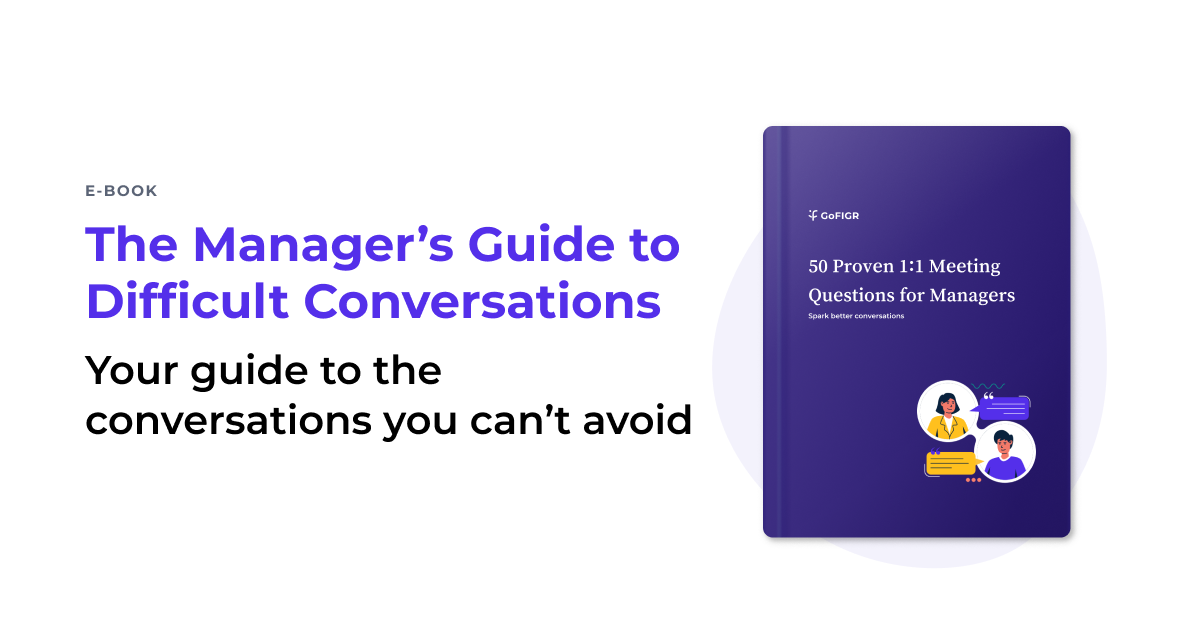Also known as: That time I had to tell a pregnant colleague she was being made redundant
I’ve had to have some horrendous conversations in my career.
Telling someone they failed probation. Letting a pregnant colleague know her role was being made redundant. Explaining to a genuinely incredible team member that there was no promotion coming because the budget was gone and the priorities had shifted. I've told someone they have BO. I’ve sat across from someone I used to share Friday drinks with and said, “I'm your manager now.”
None of this was fun. All of it mattered.
We don’t avoid difficult conversations at work because we’re careless. We avoid them because we care. We don’t want to upset people. We don’t want to be seen as the villain. But silence doesn’t protect anyone. It just delays the fallout.
Radical Candor calls this “ruinous empathy.” That moment when you sugarcoat the message, or skip the conversation entirely, thinking you're sparing someone's feelings. What you’re really doing is robbing them of the chance to improve, adapt or prepare.
And the truth is, these conversations are skills. Most of us never got taught how to deliver tough feedback, talk about underperformance, or navigate the awkward shift from peer to manager. So we wing it. Or worse, avoid it completely.
The good news? You can get better. And it starts with a few simple principles.
Here are some of the tips we break down in our guide to difficult conversations:
1. Don’t delay.
The longer you leave it, the harder it gets. The more confused and frustrated the other person becomes. Early is better than perfect.
2. Say it simply.
No jargon. No waffle. No five-minute warm-up. Be direct but human. “This isn’t easy to say, but I need to talk to you about…” is a great place to start.
3. Make it a two-way conversation.
You’re not there to deliver a monologue. Give space for questions, reactions and next steps. It’s not about getting through it. It’s about getting somewhere.
4. Be clear about expectations or what happens next.
If someone’s underperforming, they need to know what better looks like. Don’t just describe the problem. Paint the picture of what good looks like or what needs to happen next.
5. Watch your energy.
If you’re tense, rushed or bracing for conflict, it’ll show. Calm, clear and kind is a better place to lead from, even when the message is tough.
Of course, none of this makes the conversations easy. Especially if you're denying a pay rise because the budget’s blown. Or telling someone who's worked their heart out that they didn’t quite make the cut. Or you have to say something incredibly human like: “You have body odour and people have noticed.”
That’s exactly why we built our AI Difficult Conversations Rehearsal Tool.
It lets you practise these moments. Not in front of a mirror. Not in some painful HR role-play. But in a real-feeling conversation with AI that’s tailored to your company, your tone and your actual performance frameworks. You can try things out, get it wrong, try again and build confidence without any social risk.
No judgment. No awkwardness. Just a safe, realistic sandbox to help you get better at the hardest parts of leadership.
Download our free guide to Difficult Conversations
Then give our AI rehearsal tool a go. It’s sharper than generic chatbots, more emotionally aware, and built for real workplace scenarios.
Because leadership isn’t about avoiding the hard stuff.
It’s about being ready to face it.




